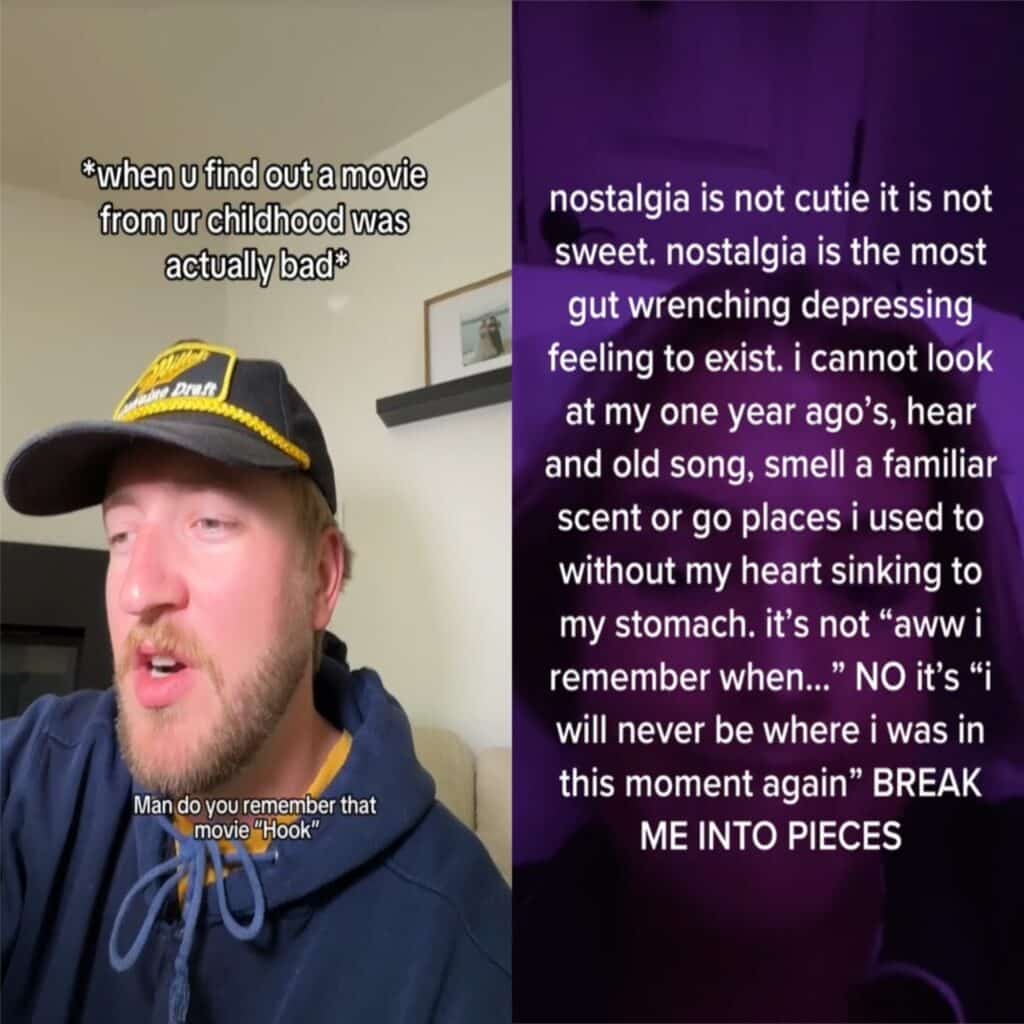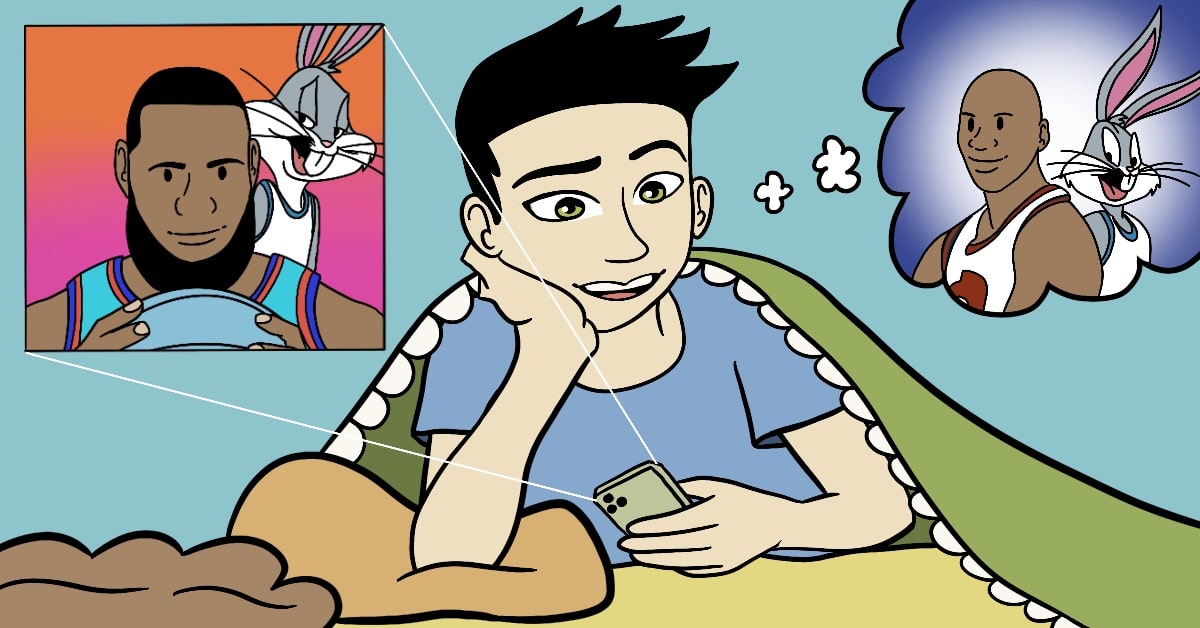As the nostalgia cycle begins anew, Gen Z is now at the forefront. With it comes new tactics for marketing to today’s soon-to-be leading generation, but is this a good thing?
Nostalgia’s formal definition is a sentimental longing or wistful affection for the past, typically for a period or place with happy personal associations. It is something that many use to induce positive feelings in a consumer whether for nefarious or benevolent reasons.
Most often, though, nostalgia is used as a marketing technique — usually to try to attract customers to a particular brand or product. It has become deeply ingrained in society, especially social media. It reinforces the idea that most things created today are simply remakes of the old.
The most obvious example of this would be most mass media releases today, such as movies, television shows, games, books, et cetera. However, it is also important to understand how much social media contributes. We, as individuals, play a large part in creating our own nostalgia, and brands have picked up on this. So we must ask the question: is this a good or bad thing?
The Appeal of Nostalgia

Of course, the appeal of nostalgia comes from remembering pleasurable experiences. It doesn’t have to be something big or particularly eventful, just something that made you happy. This could be identified in a multitude of different ways.
Social media helps in this regard, whether by reminding you of a song that you listened to as a child or resurfacing old photos that bring you back to a happier time. These platforms are introducing new advanced features solely for this purpose. Take Spotify Wrapped. On the surface, it may not seem like something that capitalizes on nostalgia, but there is no real need to see the type of songs you listened to in 2015 versus now. The option is there because people enjoy reflecting.
Overall, there is nothing inherently wrong with nostalgia. There have even been many different trends involving nostalgia for various periods, such as Gen Z longing for the days of lockdown, or even something as basic as the summer season.
However, this paints the picture of why nostalgia is so valuable. Anybody could be nostalgic about anything. All that is needed is a large enough group of people to really exploit it.
The Exploitation of the Past
Although the primary reason for the overreliance on nostalgia could be partially to elicit joy from the consumer, it often produces the opposite effect. What made you happy in the past may not be the same anymore.

These two creators talk about nostalgia in two completely different ways, but both are valid issues that come forth due to the constant presence of nostalgia in our culture.
Take the rebooting of some of Gen Z’s favorite childhood shows, games, and even products. A common complaint is that the appeal comes from the consumer already knowing who and what they are. There is a preexisting emotional connection and attachment. Very rarely are these pieces of media and brands ever trying to appeal to a completely brand-new audience. Instead, they are attempting to hook the previous audience back into their grasp.
It highlights the lack of originality in modern times. The pining for the old diminishes he urgency for the new. Overall, we as a culture have become less innovative and less creative.
What This Could Mean For Ourselves and the Future
Nostalgia is always best in small doses. It is not something meant to be seen every day in every piece of media you engage with. Studies have shown that it is detrimental to one’s well-being when experienced constantly.
There should be a limit to how much of the past we are obligated to reuse at any given time. This isn’t to say that reminiscing on the past is completely out of the question. But when we think about nostalgia, we want it to feel good.
As time passes, issues may arise from our perpetual reliance on things of the past. Society stresses the importance of originality and creativity, but how can we embody these traits when no one is making the effort to do so?
Nostalgia marketing works, and that is the problem. In order to counteract it, there needs to be more focus on new, different, and original ideas. And maybe the future might not look as much like the past.















